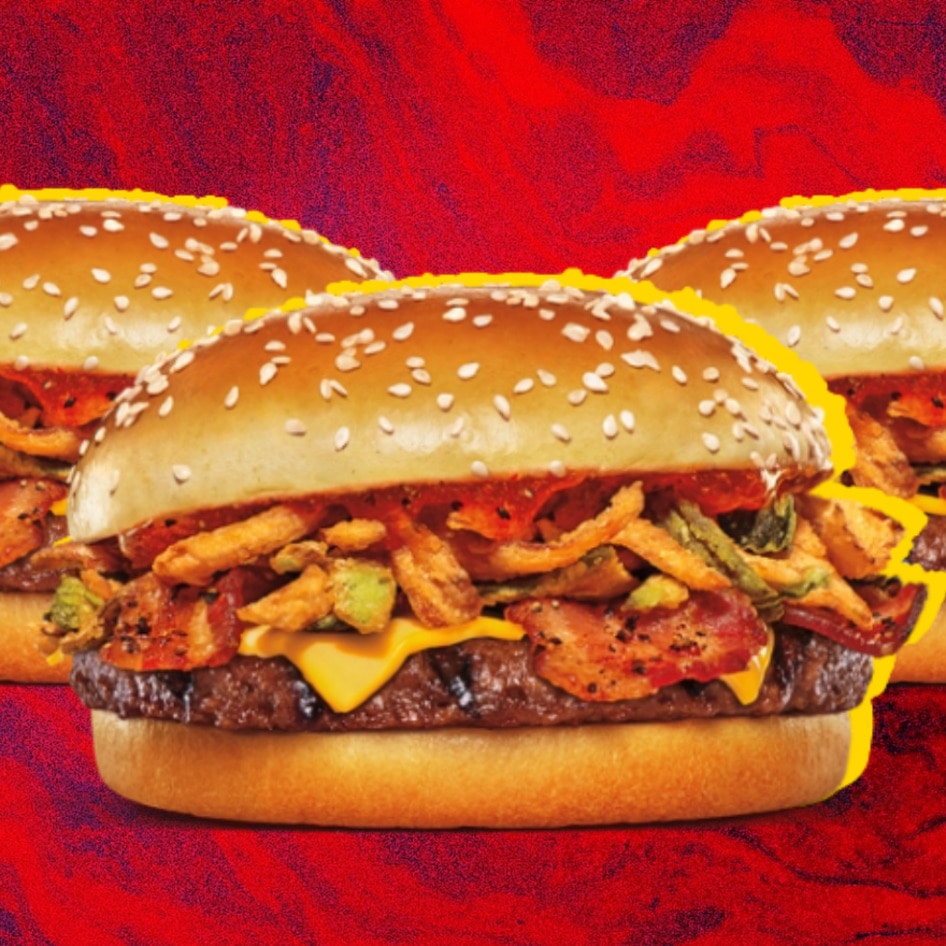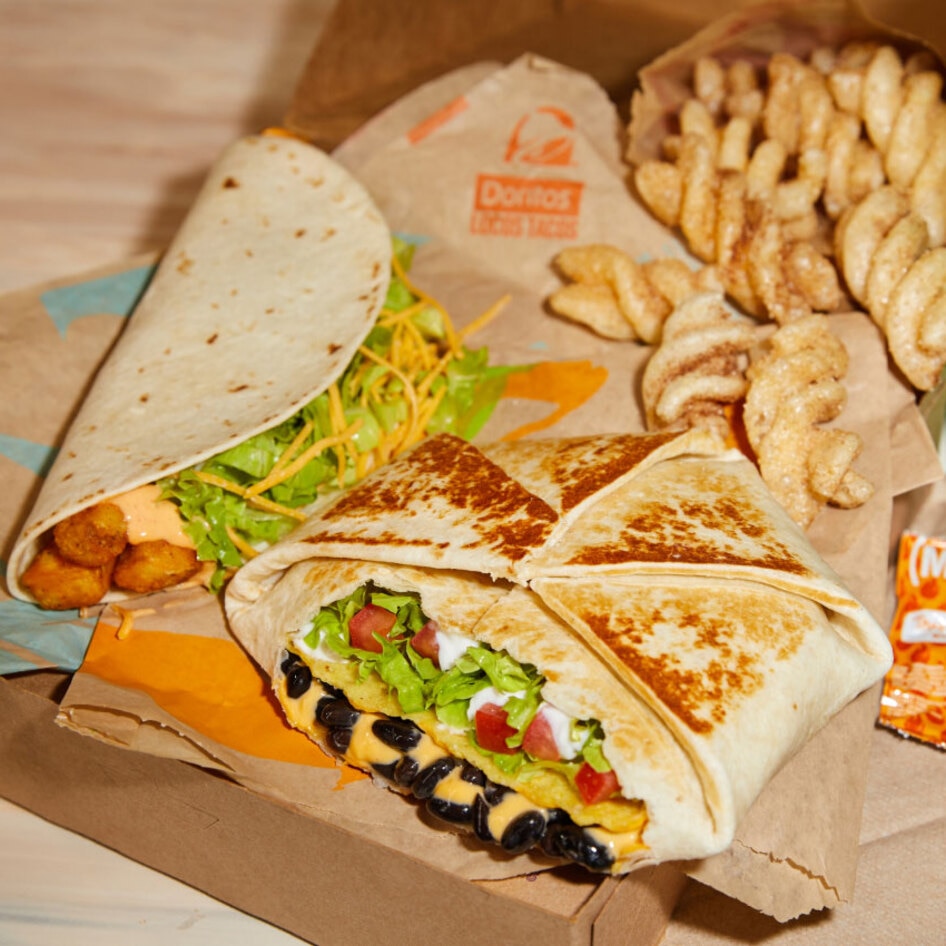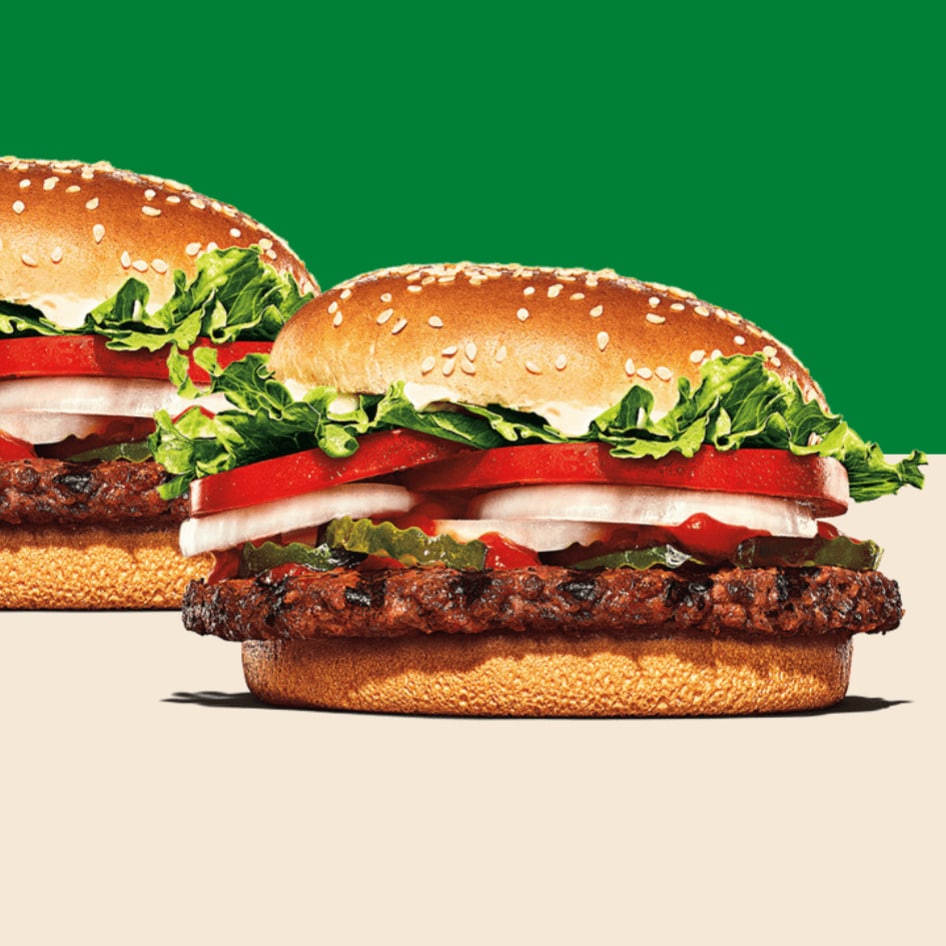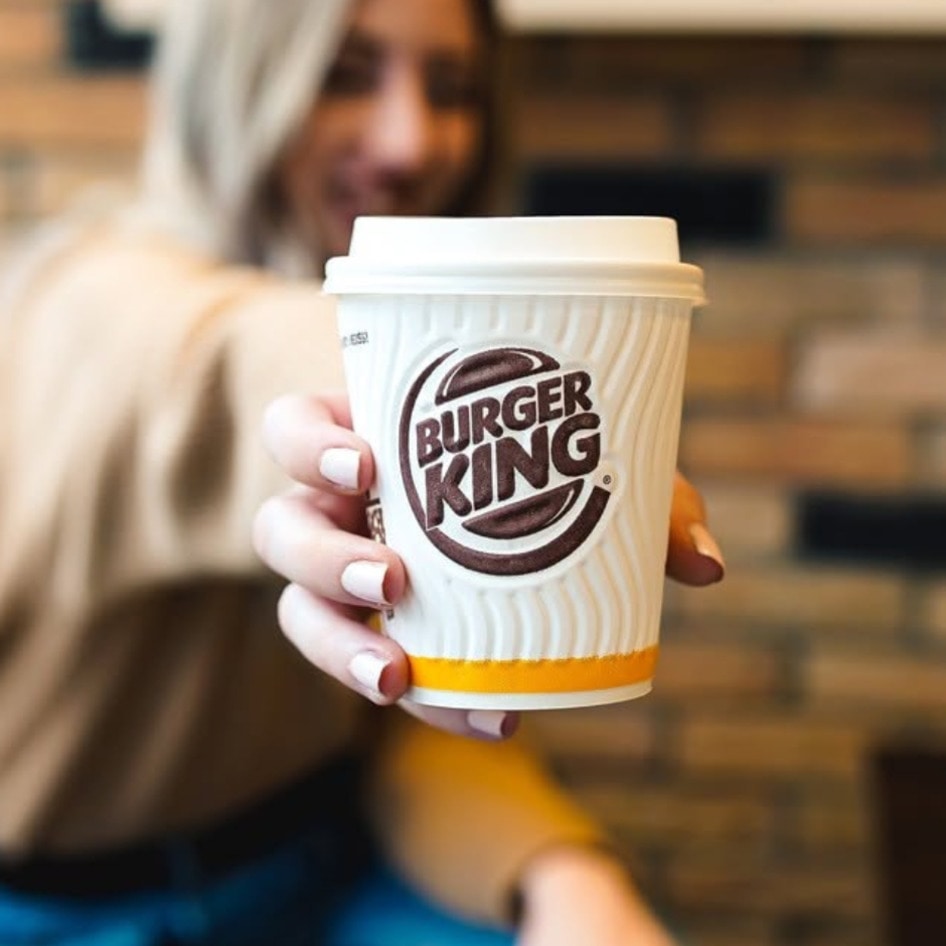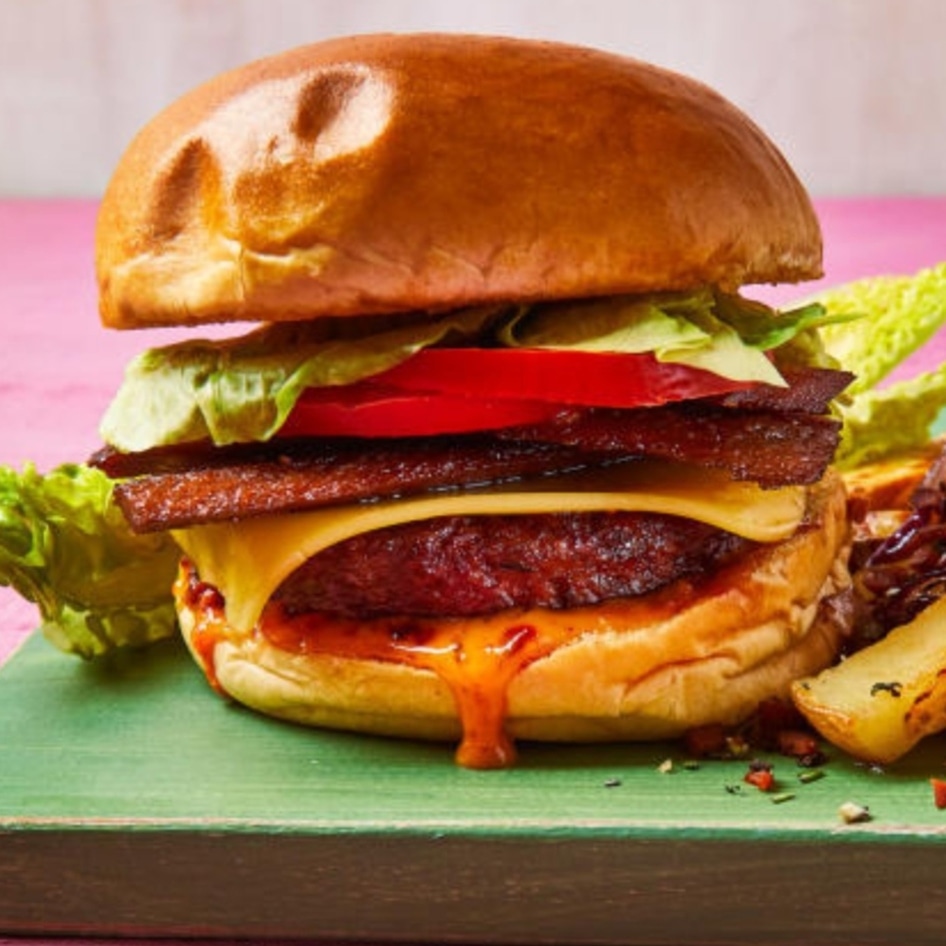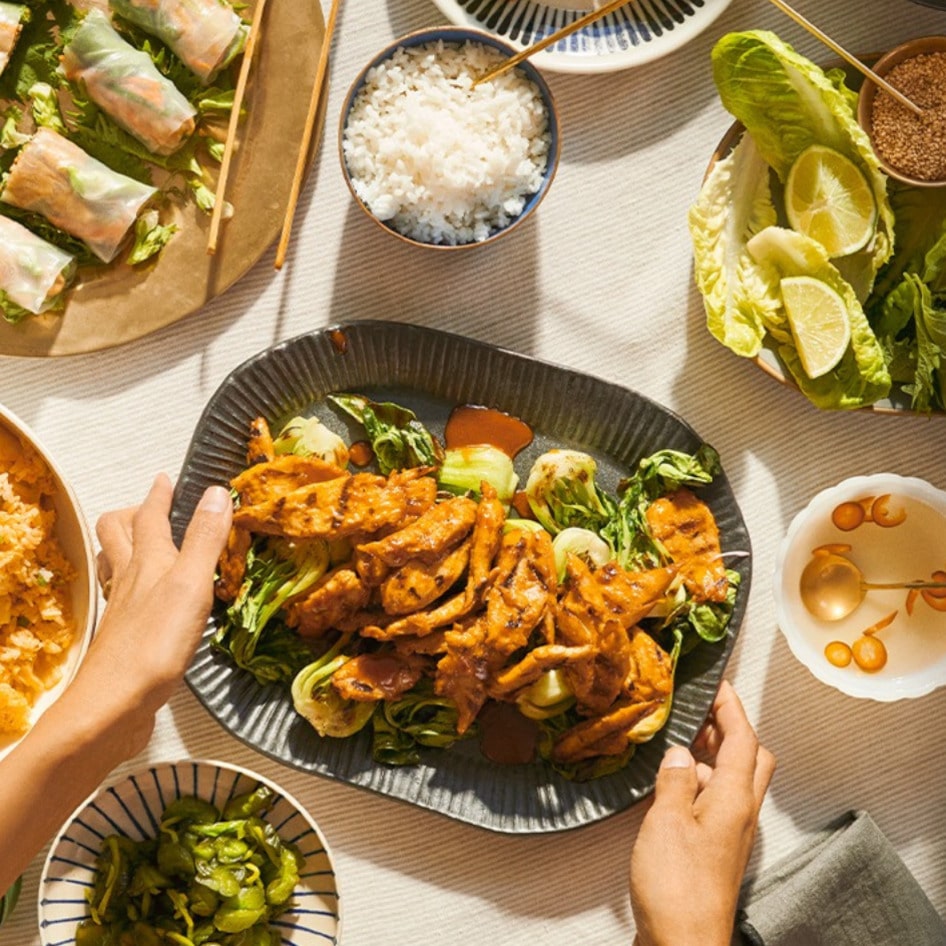Since the onset of the COVID-19 pandemic, more than one third (34 percent) of Brazilians are actively buying less meat, according to data compiled by market research firm GlobalData. The data also showed that 14 percent of Brazlians are purchasing more meat replacements. A similar trend is emerging in China, where GlobalData found that 22 percent of residents are purchasing less meat while 23 percent are buying more meat replacements. Globally, 25 percent of consumers are buying less meat and 17 percent are purchasing more meatless alternatives. GlobalData Consumer Analyst Ryan Whittaker says that consumers in these markets are primed for offerings such as Burger King’s new Plant-Based Whopper.
Plant-based booms at Burger King
Multinational company Unilever—which acquired Dutch brand The Vegetarian Butcher in 2018—recently announced its robust international partnership with Burger King, which will result in the expansion of the Plant-Based Whopper (made with The Vegetarian Butcher’s vegan patty) to locations in Europe, the Middle East, Africa, Latin America, China, and the Caribbean.
Based on GlobalData’s new report, Whittaker says the move will help Unilever reach its goal of increasing plant-based sales to $1.2 billion by 2027. “As Unilever double-downs on its plant-based sales, the company will need to find ways to bring this to markets where plant-based meat replacements are still in their relative infancy as a category,” Whittaker said. “Partnering with Burger King to reach these markets at a similar price point to meat—and then transitioning to local meat-replacement production as demand increases—is a sound approach. Burger King is a household name and has spearheaded a lot of recent plant-based burger campaigns, aiming to attract those with flexitarian and reduced-meat diets.”
Unilever’s partnership has already resulted in Burger King launching the Plant-Based Whopper in Mexico and China. Burger King also offers the Rebel Whopper in Brazil (made with a plant-based patty supplied by beef giant Marfrig Global Foods SA); the Impossible Whopper in the United States (made with an Impossible Burger patty); and The Plant-Based Whopper in Japan (made with a patty by Australian vegan brand v2food).
“To put it plainly, consumers wishing to reduce their meat intake will buy products that taste good—especially if they are convinced it helps the environment and reduces the impacts of meat farming,” Whittaker said. “Consumers globally want to buy from companies they think are making the world a better place.”
JUMP TO ... Latest News | Recipes | Guides | Health | Subscribe

